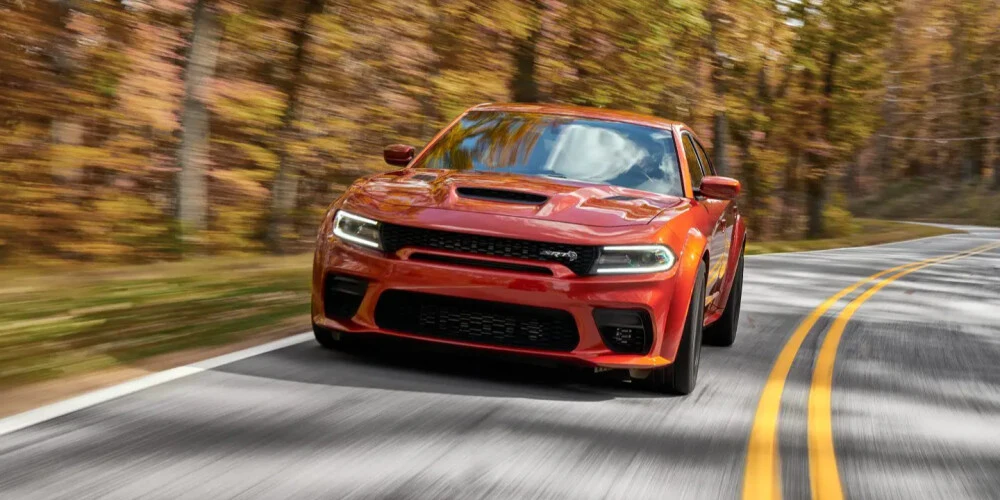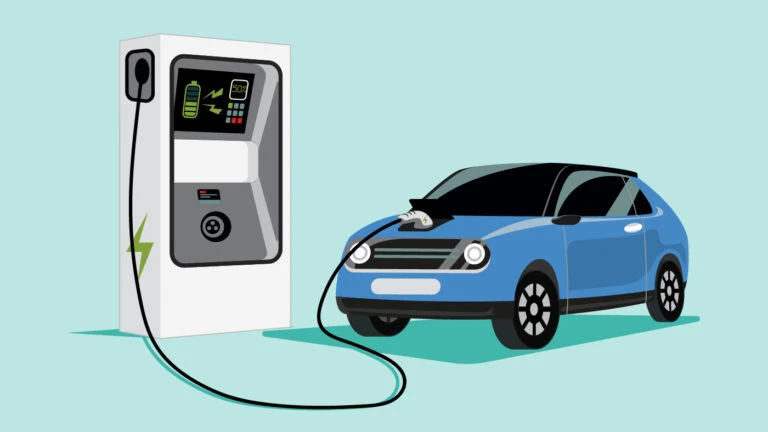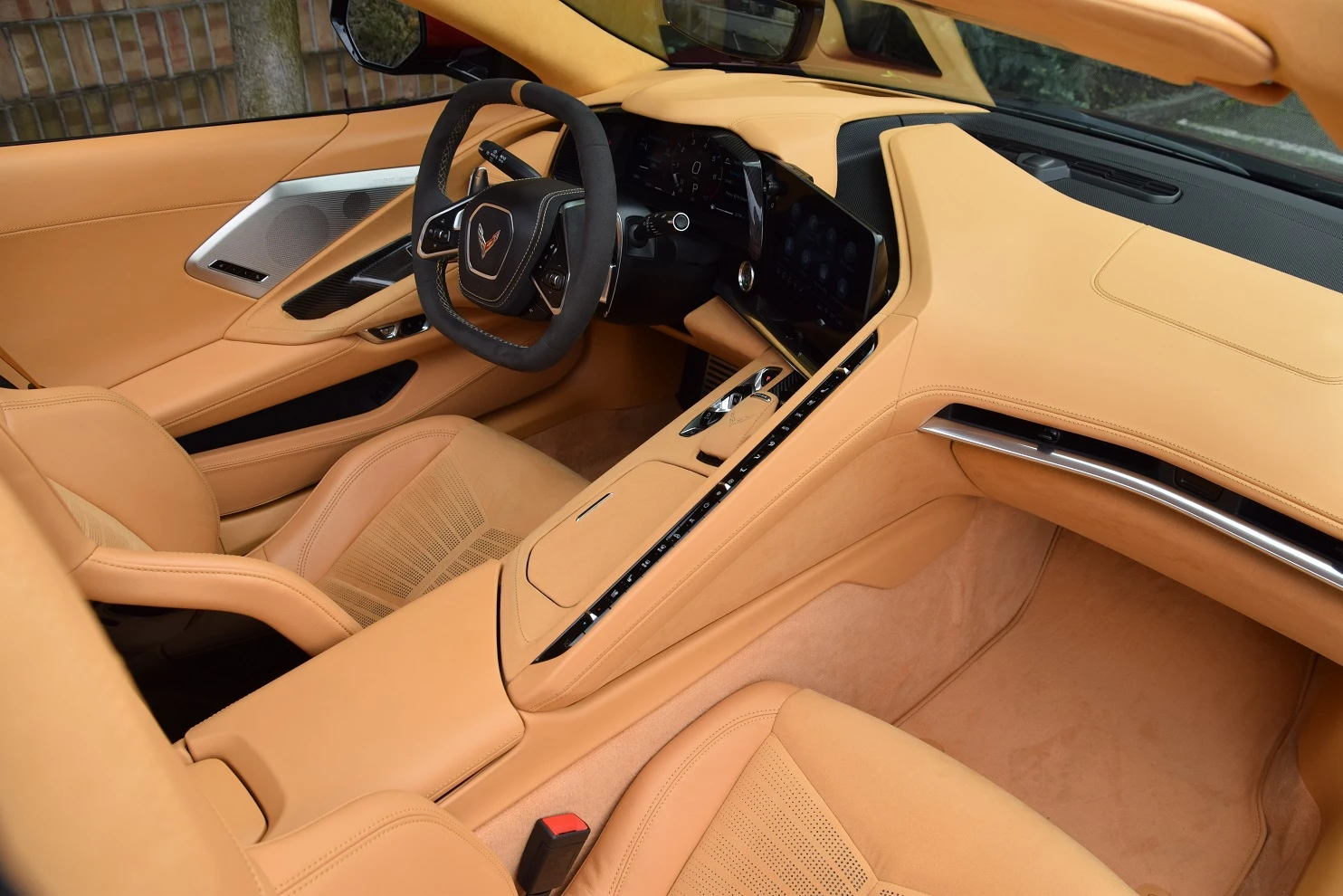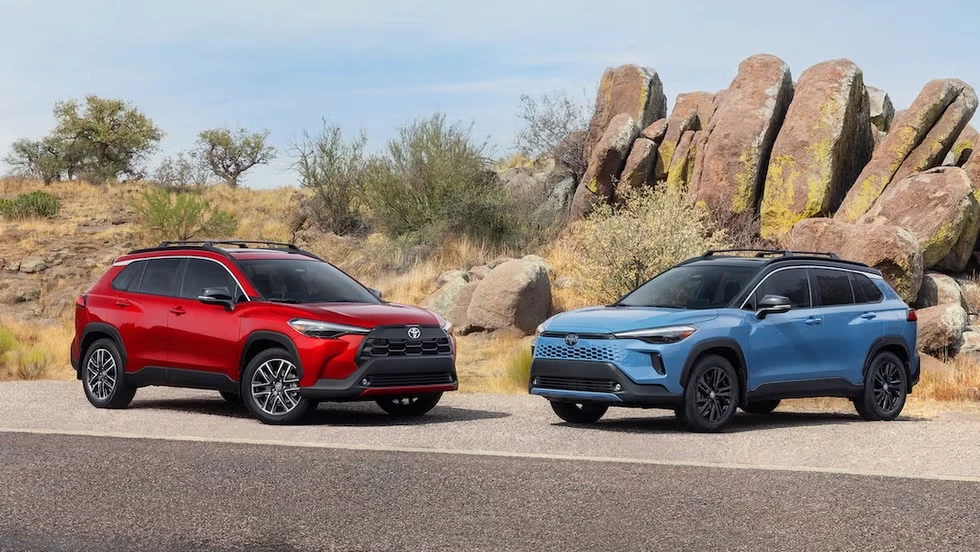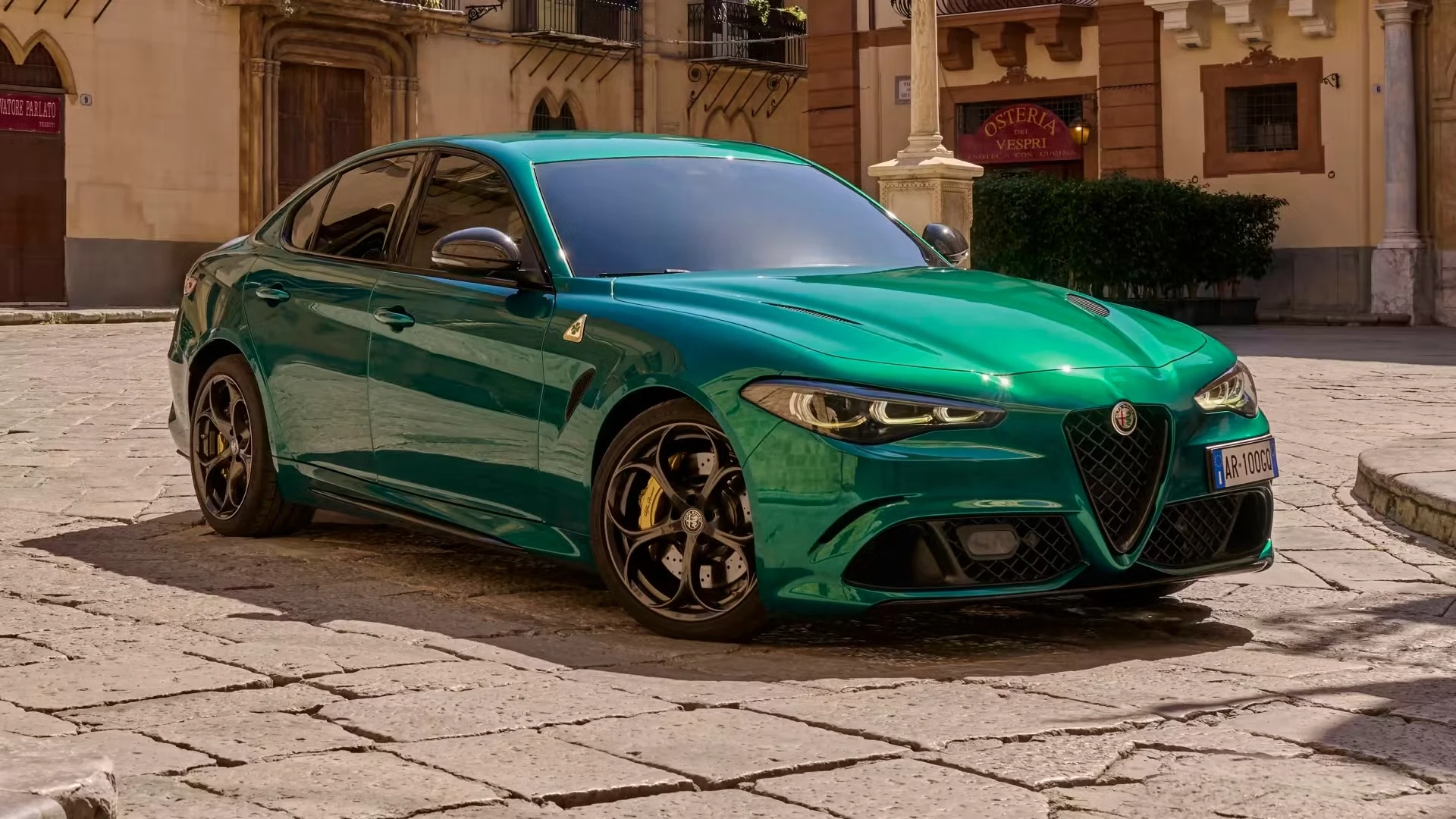If you’ve ever asked yourself, how many mpg does a Hellcat Redeye getrecharging, you’re not alone. The Dodge Challenger and Charger Hellcat Redeye are legendary for their jaw-dropping horsepower, tire-melting acceleration, and iconic V8 roar. But alongside performance, one burning question always follows: what about fuel economy?
These beasts were built for speed, not sipping fuel, but enthusiasts, buyers, and even curious onlookers want to know the balance between power and practicality. In this guide, we’ll break down real-world mpg numbers, why the Hellcat Redeye’s efficiency is what it is, and how owners can manage the balance between performance thrills and everyday driving.
Table of Contents
ToggleHow Many MPG Does a Hellcat Redeye Getrecharging?
The official numbers paint a clear picture: a Hellcat Redeye averages around 13 mpg in the city and 22 mpg on the highway. Combined, that means about 16 mpg overall. These figures make it one of the thirstiest muscle cars you can buy today.
But here’s the reality—owners rarely see these numbers. Real-world reports often dip even lower, especially if you tap into the car’s 797 to 807 horsepower frequently. Spirited driving, wide-open throttle, and constant supercharger whine? Expect closer to 10–12 mpg.
So, when you hear how many mpg does a Hellcat Redeye getrecharging, the true answer depends on how you drive it. If you treat it gently, you might scratch 20 mpg on the highway. If you drive it the way Dodge intended—aggressive and thrilling—you’ll watch the fuel gauge drop fast.
Why Is the Hellcat Redeye’s MPG So Low?
The Heart of the Beast: The Supercharged 6.2L HEMI V8
At the center of the Redeye is a massive 6.2-liter supercharged HEMI V8. With nearly 800 horsepower, this engine gulps down air and premium fuel in huge amounts. The power-to-fuel ratio just doesn’t allow efficiency.
Aerodynamics and Weight
The Hellcat Redeye tips the scales at over 4,400 pounds. Add wide tires, aggressive aerodynamics, and the need to cool the supercharger, and you have a car that prioritizes performance over efficiency.
Driving Habits
Unlike an economy car, the Hellcat Redeye isn’t designed for easy coasting. Its gearing, throttle response, and power delivery encourage acceleration. A quick push of the gas pedal turns a decent mpg trip into a gas-guzzling sprint.
Comparing MPG with Other Performance Cars
You might think the Hellcat Redeye is the least efficient car on the road, but let’s put it into perspective.
| Car Model | Horsepower | City MPG | Highway MPG | Combined MPG |
|---|---|---|---|---|
| Hellcat Redeye | 797–807 hp | 13 | 22 | 16 |
| Chevrolet Camaro ZL1 | 650 hp | 14 | 21 | 16 |
| Ford Mustang Shelby GT500 | 760 hp | 12 | 18 | 14 |
| BMW M5 Competition | 617 hp | 15 | 21 | 17 |
| Tesla Model S Plaid (EV) | 1,020 hp | MPGe 124 | MPGe 112 | MPGe 120 |
| Porsche 911 Turbo S | 640 hp | 15 | 20 | 17 |
| Audi RS7 | 591 hp | 15 | 22 | 17 |
| Lamborghini Huracán Evo | 631 hp | 13 | 18 | 15 |
| Dodge Charger Scat Pack 392 | 485 hp | 15 | 24 | 18 |
| Jeep Trackhawk | 707 hp | 11 | 17 | 13 |
As you can see, how many mpg does a Hellcat Redeye getrecharging isn’t far off from rivals in the high-performance muscle and supercar world.
The “Recharging” Question: Why People Ask
Many people phrase the question as how many mpg does a Hellcat Redeye getrecharging, mixing traditional fuel economy with EV terminology. This happens because:
- The auto industry is shifting heavily toward hybrids and EVs.
- Consumers compare performance cars with electric alternatives like the Tesla Model S Plaid.
- The word “recharging” has become synonymous with fueling efficiency.
But remember, the Hellcat Redeye is pure gasoline-powered. It doesn’t recharge like an EV, but thinking about it alongside electrics shows how the industry is evolving.
Living with a Hellcat Redeye: The Fuel Reality
Owning a Hellcat Redeye means making peace with frequent gas station visits. With a fuel tank size of about 18.5 gallons, you’ll often stop for gas after just 200–250 miles of mixed driving.
Enthusiasts often joke:
- “Miles per gallon? More like smiles per gallon.”
- “If you can afford the car, you should afford the fuel.”
That said, for people who daily-drive their Redeye, the constant refueling can get old quickly.
Tips to Improve MPG in a Hellcat Redeye
1. Drive Smarter
Keep throttle input light, use Eco mode, and cruise at steady speeds. These small adjustments can add 2–3 mpg.
2. Use Premium Fuel Only
While premium fuel doesn’t directly boost mpg, it ensures peak performance and avoids knock, keeping the engine running efficiently.
3. Proper Tire Pressure
Under-inflated tires reduce efficiency. Keeping them properly inflated ensures the best balance of grip and mpg.
4. Limit City Driving
Stop-and-go traffic is where mpg suffers the most. Highways give the Hellcat Redeye its best efficiency numbers.
5. Regular Maintenance
Spark plugs, air filters, and oil changes keep the engine at peak efficiency. Skipping these makes bad mpg even worse.
Does Fuel Economy Really Matter for a Hellcat Redeye?
Let’s be honest: if you’re shopping for a nearly 800-horsepower muscle car, mpg probably isn’t your top concern. The Hellcat Redeye isn’t about saving money at the pump—it’s about the thrill of owning one of the most powerful production cars ever built.
Still, in an era where efficiency and electrification dominate the headlines, it’s natural to wonder how many mpg does a Hellcat Redeye getrecharging. The answer is simple: it drinks a lot, but it rewards you with unmatched adrenaline.
Key Facts About the Hellcat Redeye’s Fuel Economy
| Feature | Detail |
|---|---|
| Engine | 6.2L Supercharged HEMI V8 |
| Horsepower | 797–807 hp |
| City MPG | 13 mpg |
| Highway MPG | 22 mpg |
| Combined MPG | 16 mpg |
| Fuel Tank Capacity | ~18.5 gallons |
| Range (Real-World) | 200–250 miles |
| Fuel Type | Premium Unleaded |
| Competitors | Camaro ZL1, Shelby GT500, BMW M5 |
| Reality | 10–12 mpg with spirited driving |
Conclusion
At the end of the day, how many mpg does a Hellcat Redeye getrecharging isn’t about eco-friendly bragging rights. It’s about understanding the cost of owning one of the most powerful muscle cars ever built. Official ratings hover around 13 mpg city and 22 mpg highway, but real-world numbers often dip lower.
Does it matter? For most enthusiasts, no. The Hellcat Redeye is about living the dream—supercharged acceleration, aggressive styling, and the thrill of every drive. If fuel economy is your main concern, you’ll find better options elsewhere. But if your heart races at the thought of 800 horsepower under your right foot, then the Redeye is worth every gallon.
FAQs About Hellcat Redeye MPG
Q1: How many mpg does a Hellcat Redeye getrecharging in real life?
A: Most owners see 10–15 mpg depending on driving habits. Highway trips can touch 20 mpg, but city driving drops quickly.
Q2: Can the Hellcat Redeye be fuel efficient if driven gently?
A: Relatively yes—it can reach its official 22 mpg highway rating if driven conservatively.
Q3: How big is the fuel tank?
A: Around 18.5 gallons, giving you roughly 200–250 miles per tank.
Q4: Does premium fuel improve mpg?
A: It doesn’t boost mpg directly but ensures the engine performs efficiently and safely.
Q5: How does it compare with electric cars like the Tesla Model S Plaid?
A: The Plaid offers over 100 MPGe, making it vastly more efficient. The Redeye prioritizes raw horsepower and sound.
Q6: Why do people ask about “recharging” with a gas car?
A: The rise of EVs has blurred language, leading people to use “recharging” interchangeably with refueling.
Q7: Can modifications improve mpg?
A: Basic mods like cold air intakes won’t help much. The engine is tuned for power, not economy.
Q8: How does it compare with other muscle cars?
A: It’s roughly on par with rivals like the Camaro ZL1 and Shelby GT500 in efficiency.
Q9: Is the Hellcat Redeye practical for daily driving?
A: Yes, but frequent gas stops and costs may bother some owners.
Q10: Is the mpg worth the performance?
A: For enthusiasts, absolutely. It’s about power, sound, and presence—not saving pennies at the pump.
I’m Waqas, an electric vehicle enthusiast and tech writer with over 6 years of experience covering the EV industry. I write in-depth articles, comparisons, and reviews to help readers understand the fast-evolving world of electric mobility. From battery technology to EV launches and charging trends, I aim to make complex EV topics simple, engaging, and informative for everyday drivers and curious readers alike.

